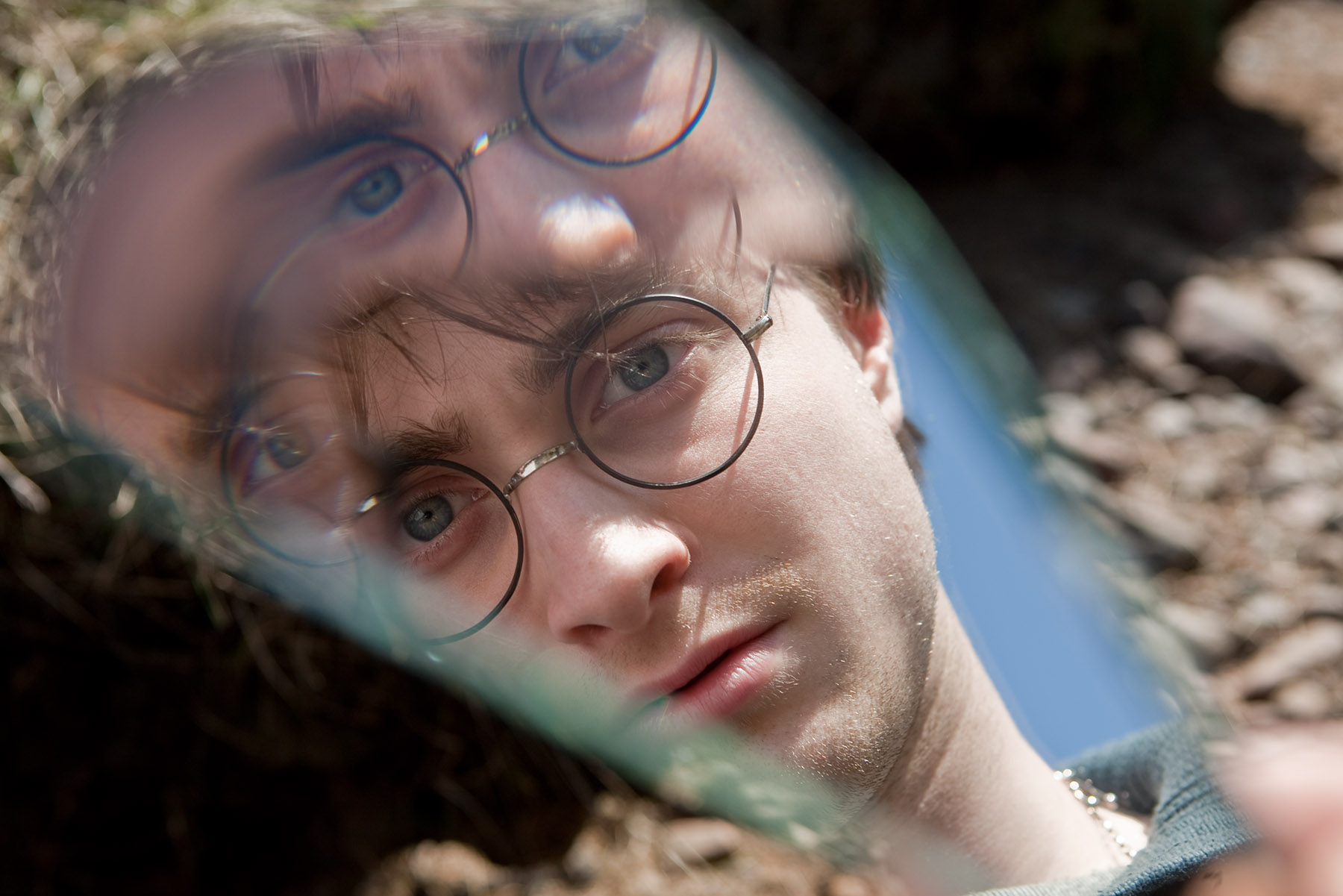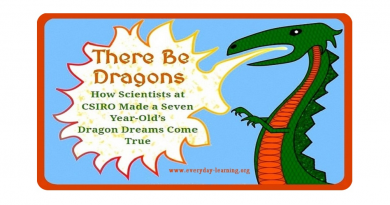He, Who Wishes He Could Name Himself

I readily admit that I read paparazzi-style news about the child stars from the Harry Potter franchise. My kids pretty much grew up alongside Daniel Radcliffe and Emma Watson – and just like any other childhood friend – I like hearing updates on where they are today.
Predictably this week, I clicked on the latest general interest story about the boy formerly known as Harry Potter. The “news” was that Danield has just grown up to be a down-to-earth guy, despite the trappings that come with being a child actor.
The surprise to the story, however, was that I couldn’t get this one quote out of my head:
The difficulty is trying to work out who you are while constantly coming up against a perception of yourself that everybody else already has. ~ Daniel Radcliffe.
You see, radical acceleration and early college have been a big part of my personal and professional life. I’m talking about the kiddos who skip 3+ grades and/or start college before the age of 15.
Early on in my career, I was an enthusiastic supporter of following a child’s educational lead. If grade level material or even high school classes aren’t allowing a child to actually learn something new – regardless of their age – then by all means, find the appropriate challenge level.
Within about 3 years, my enthusiasm for early college turned to tempered support for what I see as the best worst-case academic scenario for many gifted kids.
Anyone with a brilliant kid on their hand knows that they can be incessant chatterboxes about their passionate area of interest. It is not that they are trying to show off what they know, they just have a need to talk and talk and talk some more about all the minutiae to ensure they truly understand the topic, inside and out.
Age peers in traditional classrooms usually just tell these gifted kids to shut up or, more benevolently, ignore them till they go away.
Put such a kiddo in an early college class and a couple of things might happen. First, the kid gets the fun of talking and debating about complex topics with people who can hold their own in a discussion. Then, the regular-age college students and professors react. In some cases you get the “WOW” factor, where everyone is duly impressed and gushing constant streams of praise. In other cases, the kid becomes someone’s “pet” and is literally paraded around to perform all kinds of parlor tricks so the new-found best friend can share in the adoration of others.
In either case, the early college kid is placed on a pedestal for others to oogle at. It doesn’t take long for the kid to recognize that being super smart = positive social feedback.
Nothing nefarious is happening. It’s just human nature. We see a person doing something phenomenal and we can get kind of starry-eyed. It happens to elite athletes (think Michael Phelps) and actors and, yes, even young academic prodigies.
Here’s the thing: When you grow up with the vast majority of social attention hyperfocusing on your intelligence – or in the case of Daniel Radcliffe, on your ability to act – you can easily grow to believe that your worth as a person or a friend is entirely wrapped up in being the smart kid on campus.

You might not think it’s such a big deal, but the reality is that once puberty kicks in and that radically accelerated kid literally, physically grows up, they start to blend in on campus. The WOW factor fades and suddenly the kid is faced with the everyday dilemma of how to introduce themselves and make friends with strangers.
It’s not that their genius badge has been taken away, but the usual conversation starter of, “Do you really go to school here?” stops happening. Suddenly, the early college kid gets to struggle with all the usual awkward chit chat involved with getting to know someone new – and the ensuing self doubts of “I think this is a cool person. I wish I could grab lunch with them after class. I wonder if they’ll be my friend.”
In the case of Daniel Radcliffe, the growing up and making true friends scenario has the added onus of battling the preconceived notion that others hold because you have a certain reputation. Early college kids can face similar obstacles when they say their name and someone in class utters, “Oh, aren’t you the kid who started college at 12?!?”
Believe it or not parents of young ‘uns, the novelty of being the smart kid does wear off. There comes a time when many early college kiddos cringe at those words and say, “Umm, yeah, but I’m really just Billy.”
I am NOT suggesting that radical acceleration and early college are poor educational choices for profoundly gifted children.
On the contrary, I continue to be a proponent of the prudent choice of radical acceleration that takes into account the needs of the W.H.O.L.E. child. But – and this is my caveat that some people don’t appreciate – I don’t see early college as a race to reach graduation at the earliest possible age.
Nurturing a child’s intellectual needs is important, but so is nurturing their social and emotional needs. Giving your kiddo the opportunity to explore their true, complex self – a self full of myriad likes and dislikes beyond academics – is giving them the gift of being more than a unidimensional poster child for gifted.
More importantly, allowing a gifted child the opportunity to get to know the full depth of their true self also gives them the chance to build confidence that they are likable people after the WOW factor fades. And that, my dear friends, is an invaluable gift.
to spend equal time devoted to non-academic interests?
Share your ideas below!



